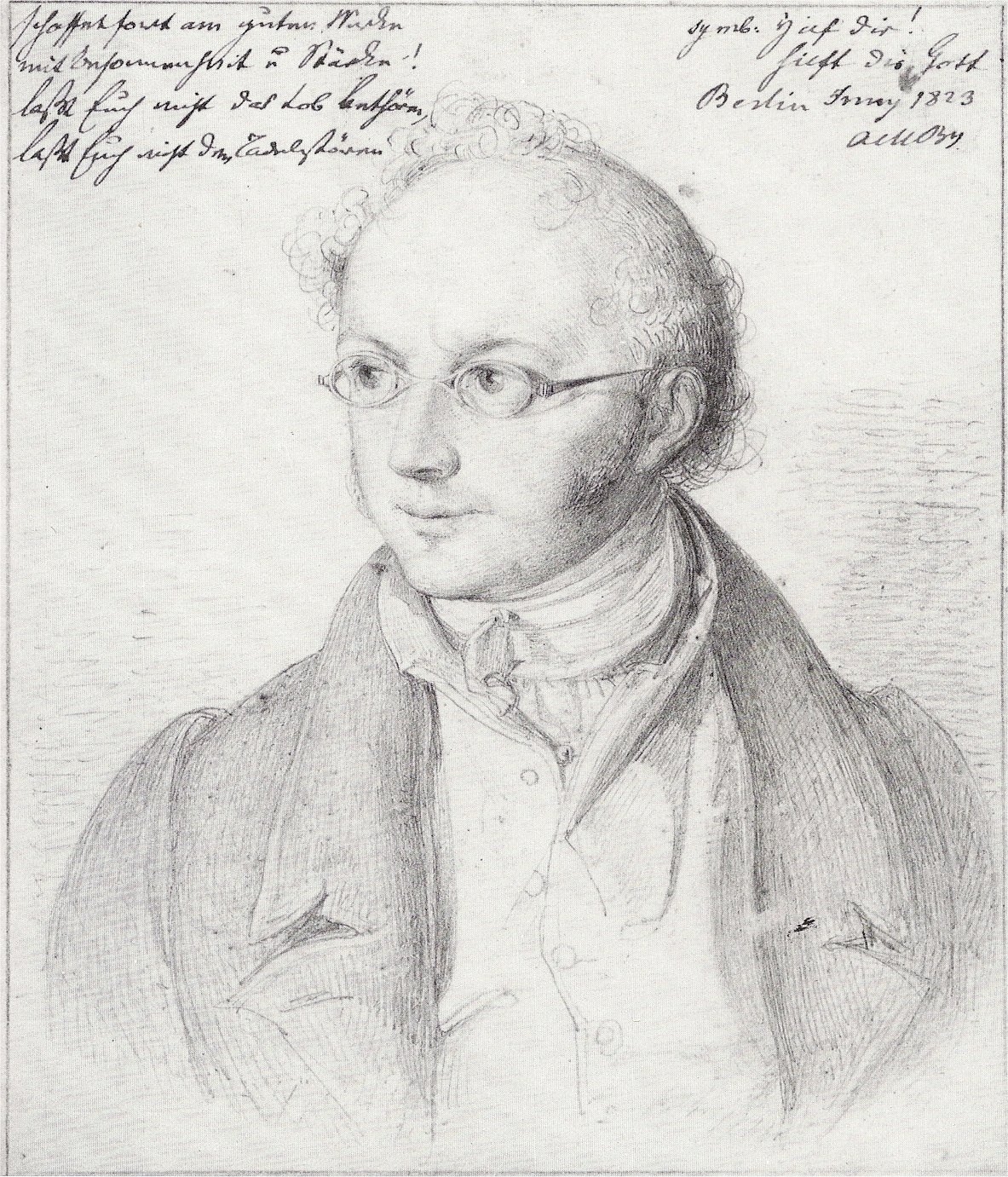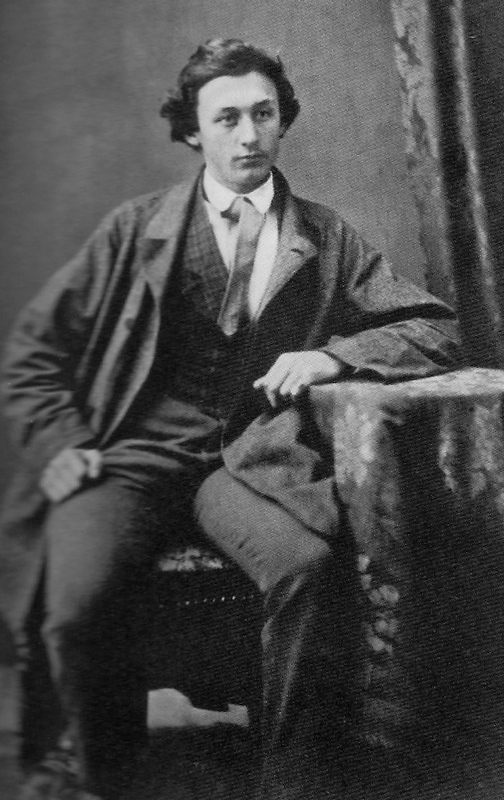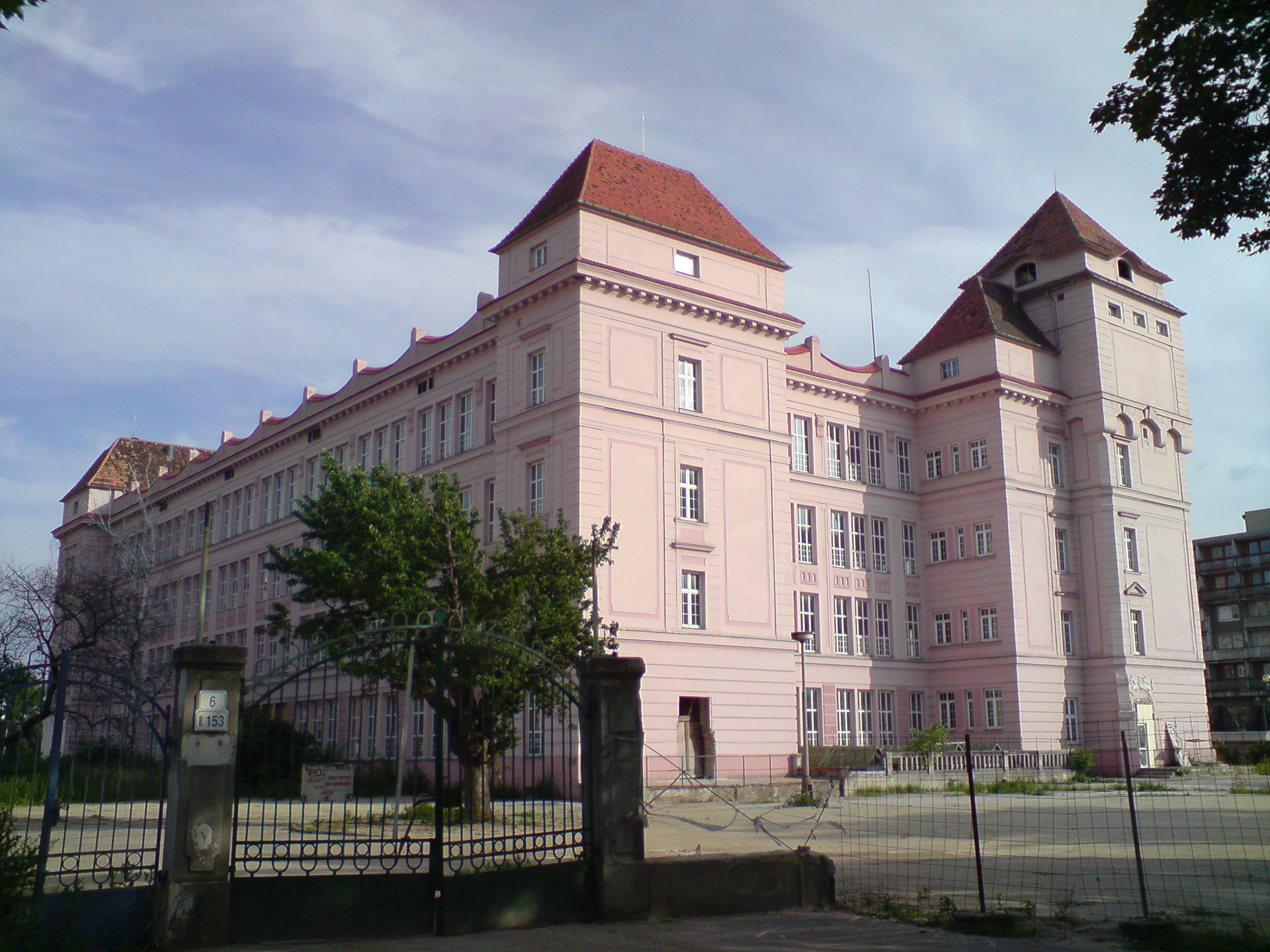|
Moses Mendelssohn
Moses Mendelssohn (6 September 1729 – 4 January 1786) was a German-Jewish philosopher and theologian. His writings and ideas on Jews and the Jewish religion and identity were a central element in the development of the ''Haskalah'', or 'Jewish Enlightenment' of the eighteenth and nineteenth centuries. Born to a poor Jewish family in Dessau, Principality of Anhalt, and originally destined for a rabbinical career, Mendelssohn educated himself in German thought and literature. Through his writings on philosophy and religion he came to be regarded as a leading cultural figure of his time by both Christian and Jewish inhabitants of German-speaking Europe and beyond. His involvement in the Berlin textile industry formed the foundation of his family's wealth. His descendants include the composers Fanny and Felix Mendelssohn; Felix's son, chemist Paul Mendelssohn Bartholdy; Fanny's grandsons, Paul and Kurt Hensel; and the founders of the Mendelssohn & Co. banking house. Lif ... [...More Info...] [...Related Items...] OR: [Wikipedia] [Google] [Baidu] |
Anton Graff
Anton Graff (18 November 1736 – 22 June 1813) was a Swiss portrait artist. Among his famous subjects were Friedrich Schiller, Christoph Willibald Gluck, Heinrich von Kleist, Frederick the Great, Friederike Sophie Seyler, Johann Gottfried Herder, Gotthold Ephraim Lessing, Moses Mendelssohn and Christian Felix Weiße. His pupils included Emma Körner, Philipp Otto Runge and Karl Ludwig Kaaz. Life and work Anton Graff was born as the seventh child of the craftsman Ulrich Graff and Barbara Graff née Koller, at Untertorgasse 8 in Winterthur, Switzerland (the house no longers exists).Berckenhagen, p. 34 In 1753, Graff started studying painting at the art school of Johann Ulrich Schellenberg, in Winterthur. After three years he left for Augsburg. There he worked with the etcher Johann Jakob Haid. However, only one year later he was forced to leave Augsburg. He was too successful, and the members of the local painters guild feared his competition.Berckenhagen, p. 12 With a letter of ... [...More Info...] [...Related Items...] OR: [Wikipedia] [Google] [Baidu] |
Philosopher
Philosophy ('love of wisdom' in Ancient Greek) is a systematic study of general and fundamental questions concerning topics like existence, reason, knowledge, Value (ethics and social sciences), value, mind, and language. It is a rational and critical inquiry that reflects on its methods and assumptions. Historically, many of the individual sciences, such as physics and psychology, formed part of philosophy. However, they are considered separate academic disciplines in the modern sense of the term. Influential traditions in the history of philosophy include Western philosophy, Western, Islamic philosophy, Arabic–Persian, Indian philosophy, Indian, and Chinese philosophy. Western philosophy originated in Ancient Greece and covers a wide area of philosophical subfields. A central topic in Arabic–Persian philosophy is the relation between reason and revelation. Indian philosophy combines the Spirituality, spiritual problem of how to reach Enlightenment in Buddhism, enlighten ... [...More Info...] [...Related Items...] OR: [Wikipedia] [Google] [Baidu] |
Abraham Mendelssohn
Abraham Ernst Mendelssohn Bartholdy (born Abraham Mendelssohn; 10 December 1776 – 19 November 1835) was a German Jewish banker and philanthropist. He was the father of Fanny Mendelssohn, Felix Mendelssohn, Rebecka Mendelssohn, and Paul Mendelssohn. Early life Mendelssohn was born and died in Berlin. The son of the philosopher Moses Mendelssohn, Abraham is supposed to have complained to a friend, "Once I was the son of a famous father, now I am the father of a famous son." By the time of Moses's death in 1786, the Mendelssohn family was well established and wealthy. In line with Moses's ideas that German Jews should participate in German as well as Jewish culture Abraham had a liberal education. He was one of the founding members of the Jewish liberal society ''Gesellschaft der Freunde'' in 1792, but also of the Sing-Akademie zu Berlin founded in 1793. In 1796 his future wife Lea Salomon, a granddaughter of Daniel Itzig, also joined the Akademie; but they had probably met b ... [...More Info...] [...Related Items...] OR: [Wikipedia] [Google] [Baidu] |
Mendelssohn & Co
Mendelssohn & Co. was a private bank based in Berlin, Prussia. One of the leading banks in the 19th and early 20th centuries, it was Aryanized by the Nazis because the owners were Jewish. History The bank was established in 1795 by Joseph Mendelssohn in Berlin. In 1804, his younger brother Abraham Mendelssohn Bartholdy joined the company. In 1815, they moved into their new headquarters at Jägerstraße 51, thereby laying the foundations of Berlin's financial district. Mendelssohn & Co. remained in that building until its divestiture in 1939. Mendelssohn quickly rose to prominence among European banks. Starting in the 1850s, they acted as Royal bankers for the Russian Tsar and, from the 1870s, dominating the Central European financial market for Russian sovereign bonds and railway bonds. Only the outbreak of World War I in 1914 and the Lenin putsch in 1917 put an end to these close contacts. The Mendelssohn family, through the descendants of the founding brothers, continued to ... [...More Info...] [...Related Items...] OR: [Wikipedia] [Google] [Baidu] |
Kurt Hensel
Kurt Wilhelm Sebastian Hensel (29 December 1861 – 1 June 1941) was a German mathematician born in Königsberg. Life and career Hensel was born in Königsberg, Province of Prussia (today Kaliningrad, Russia), the son of Julia (née von Adelson) and landowner and entrepreneur Sebastian Hensel. He was the brother of philosopher Paul Hensel. Kurt and Paul's paternal grandparents were painter Wilhelm Hensel and composer Fanny Mendelssohn. Fanny was the sister of Felix Mendelssohn Bartholdy, daughter of Abraham Mendelssohn Bartholdy, and granddaughter of philosopher Moses Mendelssohn, and entrepreneur Daniel Itzig. Both of Hensel's grandmothers and his mother were from Jewish families that had converted to Christianity. Hensel studied mathematics in Berlin and Bonn, under the mathematicians Leopold Kronecker and Karl Weierstrass. Later in his life Hensel was a professor at the University of Marburg until 1930. He was also an editor of the mathematical ''Crelle's Journal''. He e ... [...More Info...] [...Related Items...] OR: [Wikipedia] [Google] [Baidu] |
Paul Hensel
Paul Hugo Wilhelm Hensel (17 May 1860, Gvardeysky District, Groß-Barthen, Province of Prussia – 11 November 1930, Erlangen) was a German philosopher. Biography Hensel was born in Gvardeysky District, Groß-Barten (now in Gvardeysky District) in the Province of Prussia. He was the son of the landowner and entrepreneur Sebastian Hensel, brother of the mathematician Kurt Hensel, and grandson of the composer Fanny Mendelssohn and the painter Wilhelm Hensel. Fanny was the sister of Felix Mendelssohn Bartholdy, daughter of Abraham Mendelssohn Bartholdy, and granddaughter of philosopher Moses Mendelssohn and entrepreneur Daniel Itzig. Both of Hensel's paternal grandmothers and his mother were from Jewish families that had converted to Christianity. Hensel became a professor of philosophy at University of Heidelberg, Heidelberg and University of Erlangen-Nuremberg, Erlangen, where he taught until 1928. At Erlangen, Hensel was the supervisor of Hans Reichenbach's PhD dissertation on ... [...More Info...] [...Related Items...] OR: [Wikipedia] [Google] [Baidu] |
Paul Mendelssohn Bartholdy
Paul Mendelssohn Bartholdy (born Paul Felix Abraham Mendelssohn Bartholdy; 18 January 1841, Leipzig – 17 February 1880, Berlin) was a German chemist and a pioneer in the manufacture of aniline dye. He co-founded the Aktien-Gesellschaft für Anilin-Fabrikation (AGFA), a German chemical company. He is not to be confused with his uncle, the banker Paul Mendelssohn-Bartholdy, who was the son of his grandfather Abraham Mendelssohn Bartholdy. Life Paul Mendelssohn Bartholdy was the second son of the composer Felix Mendelssohn Bartholdy and Cécile Charlotte Sophie Jeanrenaud. His aunt was Fanny Mendelssohn. His grandfather was Abraham Mendelssohn Bartholdy. His maternal great-grandfather was Daniel Itzig, and his paternal great-grandfather was Moses Mendelssohn. He studied sciences at Heidelberg University, where Robert Bunsen was amongst his colleagues. After graduating in 1863 he went to Berlin to study with Wilhelm Hoffmann. He volunteered as a soldier in the Austro-Prussian ... [...More Info...] [...Related Items...] OR: [Wikipedia] [Google] [Baidu] |
Felix Mendelssohn
Jakob Ludwig Felix Mendelssohn Bartholdy (3 February 18094 November 1847), widely known as Felix Mendelssohn, was a German composer, pianist, organist and conductor of the early Romantic music, Romantic period. Mendelssohn's compositions include symphony, symphonies, concertos, piano music, organ music and chamber music. His best-known works include the Overture#Concert overture, overture and incidental music for ''A Midsummer Night's Dream (Mendelssohn), A Midsummer Night's Dream'' (which includes his "Wedding March (Mendelssohn), Wedding March"), the ''Symphony No. 4 (Mendelssohn), Italian'' and ''Symphony No. 3 (Mendelssohn), Scottish'' Symphonies, the oratorios ''St. Paul (oratorio), St. Paul'' and ''Elijah (oratorio), Elijah'', the ''The Hebrides (overture), Hebrides'' Overture, the mature Violin Concerto (Mendelssohn), Violin Concerto, the Octet (Mendelssohn), String Octet, and the melody used in the Christmas carol "Hark! The Herald Angels Sing". Mendelssohn's ''Songs W ... [...More Info...] [...Related Items...] OR: [Wikipedia] [Google] [Baidu] |
Fanny Mendelssohn
Fanny Mendelssohn (14 November 1805 – 14 May 1847) was a German composer and pianist of the early Romantic era who was known as Fanny Hensel after her marriage. Her compositions include a string quartet, a piano trio, a piano quartet, an orchestral overture, four cantatas, more than 125 pieces for the piano and over 250 lieder, most of which were unpublished in her lifetime. Although lauded for her piano technique, she rarely gave public performances outside her family circle. She grew up in Berlin and received a thorough musical education from teachers including her mother, as well as the composers Ludwig Berger and Carl Friedrich Zelter. Her younger brother Felix Mendelssohn, also a composer and pianist, shared the same education and the two developed a close relationship. Owing to her family's reservations and to social conventions of the time about the roles of women, six of her songs were published under her brother's name in his Opus 8 and 9 collections. In 1829, sh ... [...More Info...] [...Related Items...] OR: [Wikipedia] [Google] [Baidu] |
Textile Industry
The textile industry is primarily concerned with the design, production and distribution of textiles: yarn, cloth and clothing. Industry process Cotton manufacturing Cotton is the world's most important natural fibre. In the year 2007, the global yield was 25 million tons from 35 million hectares cultivated in more than 50 countries. There are five stages of cotton manufacturing: * Cultivating and harvesting * Preparatory processes * Spinning — giving yarn * Weaving — giving fabrics * Finishing — giving textiles In the textile industry, textile engineering is an area of engineering that involves the design, production, and distribution of textile products through processes including cultivation, harvesting, spinning, weaving, and finishing of raw materials, encompassing both natural and synthetic fibers. Synthetic fibres Artificial fibres can be made by extruding a polymer, through a spinneret (polymers) into a medium where it hardens. Wet spinning (rayon) uses a c ... [...More Info...] [...Related Items...] OR: [Wikipedia] [Google] [Baidu] |
Germany
Germany, officially the Federal Republic of Germany, is a country in Central Europe. It lies between the Baltic Sea and the North Sea to the north and the Alps to the south. Its sixteen States of Germany, constituent states have a total population of over 84 million in an area of , making it the most populous member state of the European Union. It borders Denmark to the north, Poland and the Czech Republic to the east, Austria and Switzerland to the south, and France, Luxembourg, Belgium, and the Netherlands to the west. The Capital of Germany, nation's capital and List of cities in Germany by population, most populous city is Berlin and its main financial centre is Frankfurt; the largest urban area is the Ruhr. Settlement in the territory of modern Germany began in the Lower Paleolithic, with various tribes inhabiting it from the Neolithic onward, chiefly the Celts. Various Germanic peoples, Germanic tribes have inhabited the northern parts of modern Germany since classical ... [...More Info...] [...Related Items...] OR: [Wikipedia] [Google] [Baidu] |
Rabbi
A rabbi (; ) is a spiritual leader or religious teacher in Judaism. One becomes a rabbi by being ordained by another rabbi—known as ''semikha''—following a course of study of Jewish history and texts such as the Talmud. The basic form of the rabbi developed in the Pharisees, Pharisaic (167 BCE–73 CE) and Talmudic (70–640 CE) eras, when learned teachers assembled to codify Judaism's written and oral laws. The title "rabbi" was first used in the first century CE. In more recent centuries, the duties of a rabbi became increasingly influenced by the duties of the Clergy, Protestant Christian minister, hence the title "pulpit rabbis." Further, in 19th-century Germany and the United States, rabbinic activities such as sermons, pastoral counseling, and representing the community to the outside all increased in importance. Within the various Jewish denominations, there are different requirements for rabbinic ordination and differences in opinion regarding who is recognized as a ... [...More Info...] [...Related Items...] OR: [Wikipedia] [Google] [Baidu] |








